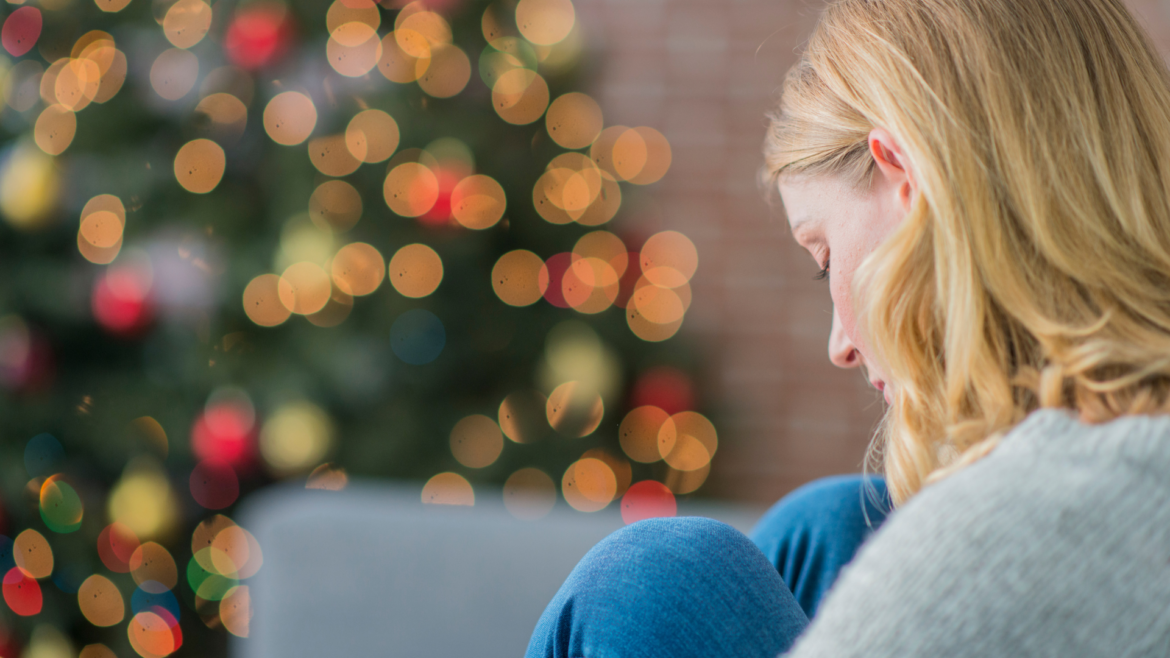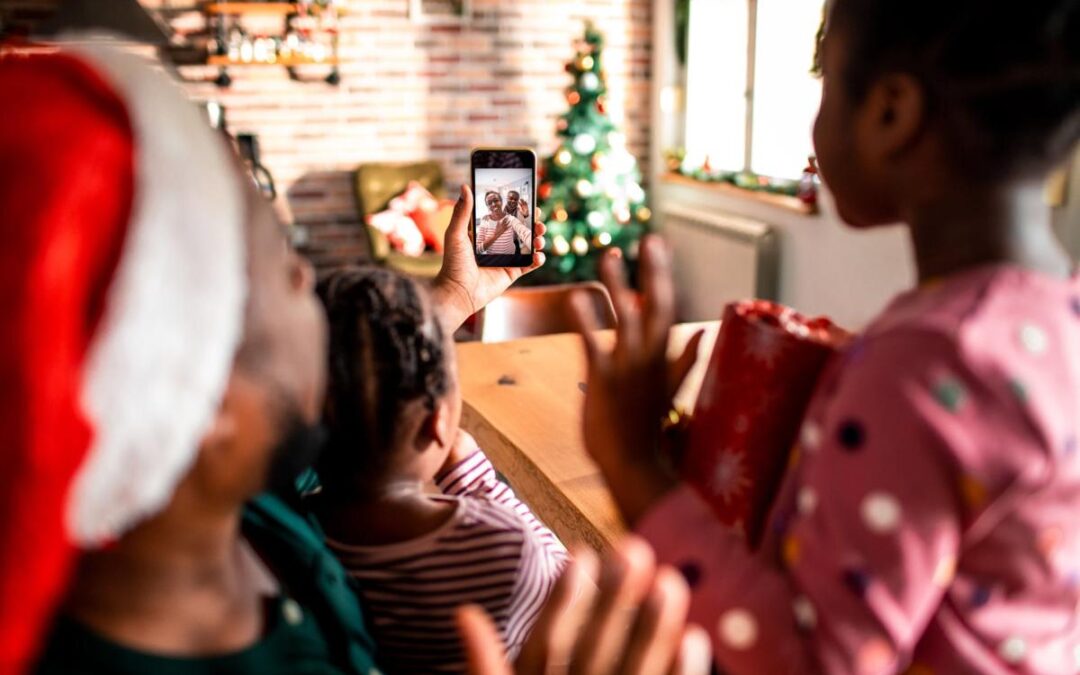For grievers, there are many significant dates throughout the year, such as birthdays and anniversaries, that others may not notice or acknowledge. Grief and the holidays for those living with loss can be a complicated experience, because the special days ahead are shared by the community around us. Whether Thanksgiving, Hanukkah, Kwanza, Christmas, or bringing in the new year, the focus is on family, love and togetherness. Traditions and rituals are important touchstones of our lives that ground us, especially in the face of difficulties such as loss and the COVID-19 crisis.
The pandemic will impact many traditions this year. We generally suggest that grievers decide what traditions they may want to keep the same, modify, or even skip, giving them some control over how, or if, they celebrate. Now, a sense of control is lacking for many. Gatherings will be challenging due to safety restrictions on travel and inside gatherings. The national conversation is already abuzz with how difficult this will be for everybody. Imagine now that you are also dealing with the loss of someone dear. Grief is naturally isolating, and current circumstances increase this isolation. The inability to gather to tell stories and share comforting hugs adds to the grief. Also, many grievers feel that the pandemic has upstaged their grief, as all conversations turn to the coronavirus. Their grief seems forgotten by others.
Grief is naturally isolating, and current circumstances increase this isolation. The inability to gather to tell stories and share comforting hugs adds to the grief.
So, what to do? How to both grieve and celebrate during a pandemic? These times require us to think deeply about what we most need and find ways to meet those needs. It is hard to put an effort into the whirlwind of holiday ideas and events that are shared through media and social media, but perhaps there is one ritual or tradition that is especially meaningful to you that can be adapted during COVID-19 restrictions. Here are some ideas:
- With recommendations against even small indoor family gatherings, perhaps set up a video conference with your family and together you can talk while preparing small batches of a special family dish. Or make a large batch and deliver some to a nearby friend or neighbor.
- Send a card or text to family members and share a special memory or photo of the loved one you are all grieving.
- Try making a collage about your loved one that you can take a picture of and then share with others.
- Many find comfort in writing a letter to their deceased loved one about how they are faring and placing it somewhere special – on a mantel, next to the menorah or kinara, in a basket of holiday cards.
- If one of your holiday traditions is tree trimming, invite your family to join you outdoors and decorate a tree in your yard or purchase a potted tree that can stay outdoors.
 With events getting canceled and many people wanting to limit the many seasonal errands that take us in and out of public places, the pandemic may be a good time to quietly reflect on your feelings, on memories of holidays with your loved one or even on things you would like to be sharing with them now. Write in a journal, look at pictures or take a moment to shed a few tears. All of these are healthy ways to experience and reflect on your feelings.
With events getting canceled and many people wanting to limit the many seasonal errands that take us in and out of public places, the pandemic may be a good time to quietly reflect on your feelings, on memories of holidays with your loved one or even on things you would like to be sharing with them now. Write in a journal, look at pictures or take a moment to shed a few tears. All of these are healthy ways to experience and reflect on your feelings.
Above all, communicate: Communicate what you can handle comfortably during this time to your friends and family. Tell them whether or not it’s alright for them to talk about your loved one. Make them aware if you need to make changes in your role in family holiday responsibilities. Each person requires something different when grieving, and that could include not talking about COVID-19. By relating your needs, you minimize the chances for misunderstandings and hurt feelings.


